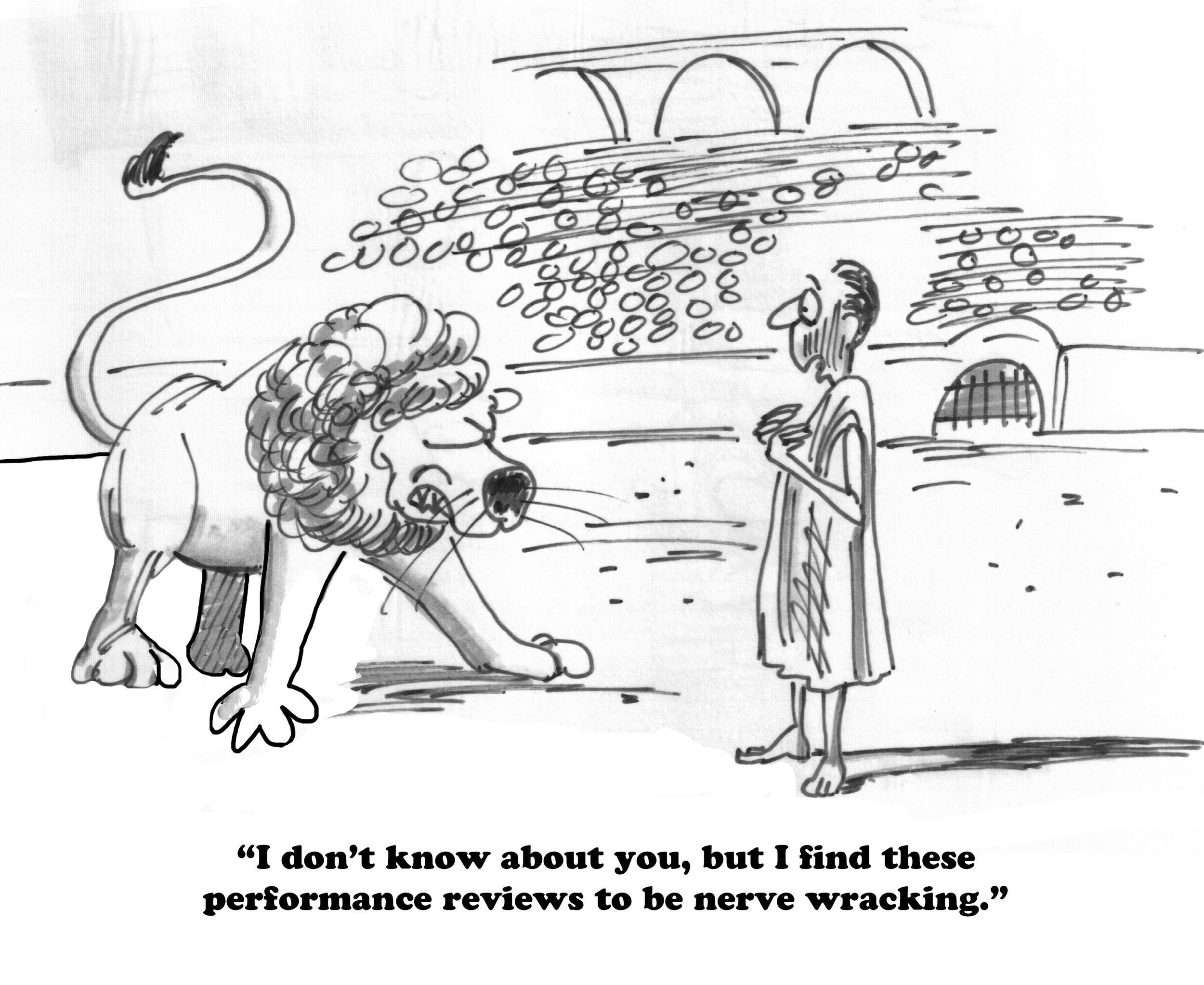
March 7, 2024
There’s a right way and a wrong way to deliver negative feedback
Share this story
Don’t worry if an employee reacts poorly to negative feedback. It doesn’t necessarily mean they will perform poorly on subsequent work, according to research from Virginia Commonwealth University.
Lindsay M. Andiola, Ph.D., an associate professor of accounting in the VCU School of Business, studied the feedback orientations of employees to see how they react to negative evaluation. Employees with a strong feedback orientation are naturally more receptive to input and respond more positively to criticism. Conversely, those with a weak feedback orientation are less receptive and therefore react negatively to the same critique.
Interestingly, though, feedback orientation does not determine subsequent task performance, Andiola writes in “How Do Reviewers’ Goal Framing and Novice Auditors’ Receptivity to Negative Feedback Affect Follow-Through Performance?” The paper appeared recently in Auditing: A Journal of Practice & Theory, which is published by the American Accounting Association.

In fact, results suggest that the supervisor’s default communication style when providing negative feedback has a far greater effect on employees’ follow-through performance.
“Managers should emphasize learning goals — that is, the importance of learning how to do a task — rather than performance goals, which stresses the importance of being accurate,” Andiola said. “Importantly, supervisors should also be aware that even when they emphasize learning, subordinates with weaker feedback orientations may initially react poorly to feedback. But the benefits will materialize when they work to address subsequent work.”
Andiola also found that pressuring subordinates who have weaker feedback orientations with performance goals could have unintended consequences, not only reducing performance but also potentially inclining them more toward dysfunctional work behaviors.
The study “showcases how a personality characteristic — one’s feedback orientation — influences attitudes and actions in a common work situation,” Andiola said. “Further, it provides a communication mechanism, a ‘learning goal’ frame, that supervisors can implement to improve performance for those who are less receptive to negative feedback.”
Subscribe to VCU News
Subscribe to VCU News at newsletter.vcu.edu and receive a selection of stories, videos, photos, news clips and event listings in your inbox.








